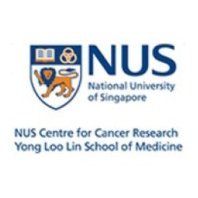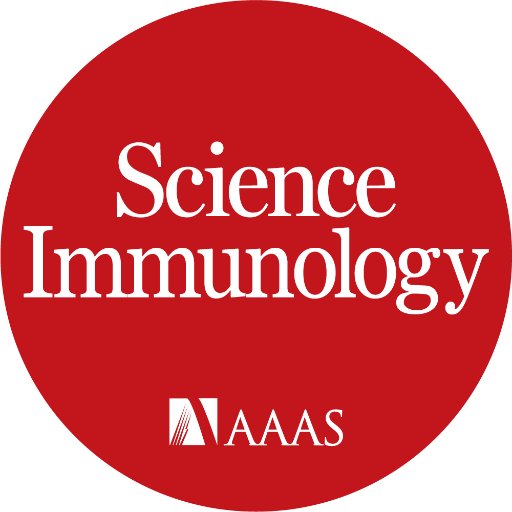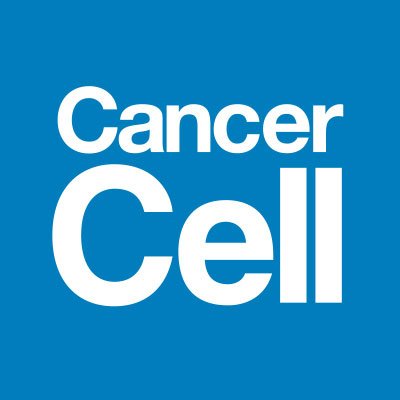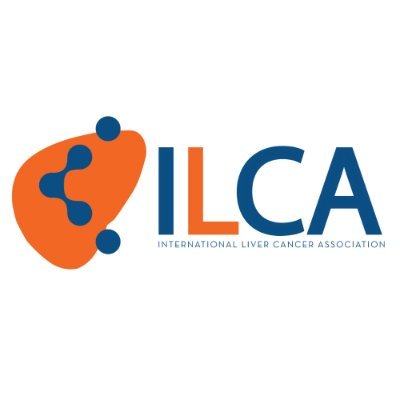
Valerie Chew
@Valeriechew29
Followers
1K
Following
7K
Media
173
Statuses
705
Cancer immunologist, liver cancer, translational immunology @Singhealth. Assoc Prof @DukeNUS
Singapore
Joined April 2018
Perineural invasion (#PNI) & cancer-induced nerve injury (#CINI) drive resistance to #antiPD1 therapy across cancers. Damaged nerves trigger #IL6 & type I #IFN inflammation, shaping an immunosuppressive #TME. Targeting the CINI pathway restores response to #immunotherapy.
Cancer-induced nerve injury promotes resistance to anti-PD-1 therapy @Nature
https://t.co/NlDMWGglx7 👉PNI & CINI of tumour-associated nerves are associated with poor response to anti-PD-1 👉CINI-driven anti-PD-1 resistance can be reversed @myESMO
0
0
3
Just concluded the amazing @AegeanConf 2nd Liver Pathobiology Meeting in beautiful Crete 🇬🇷. Congrats to all travel awardees and speakers for the stimulating talks! Special thanks to Robert & Lars for co-organizing this great meeting.
0
1
5
Best moments in meetings are always with great #friends, old and new. Sharing ideas💡, talking science and life, and building #friendships and #collaborations that last a lifetime 🤝. @CancerInflam @tom_luedde @erikrg96 @rossi_zucman @YasukoIwakiri @derekamann1 @RebeccaHaeusler
1
0
22
Congratulations to Brunkow, Ramsdell, and Sakaguchi on winning the Nobel Prize in Physiology or Medicine for their discoveries on peripheral immune tolerance. #Treg cells not only confer immune tolerance in autoimmune diseases but also play crucial roles in cancer.
BREAKING: The Nobel Prize in Physiology or Medicine has been awarded jointly to Mary E. Brunkow, Fred Ramsdell, and Shimon Sakaguchi "for their discoveries concerning peripheral immune tolerance" Stay tuned for more. #NobelPrize
0
0
9
Impressive turnout at #uegweek2025 in Berlin. ~12,000 record participants gathering the brilliant minds in #Gastroenterology fostering networking, discussion and collaboration. Excited to be here and honoured to be invited as faculty to share our research!
0
1
10
🙏Honoured to be recognised among the world’s top 2% most highly cited scientists in 2025. A milestone made possible by amazing colleagues & collaborators. 🙌
Congratulations to our primary members named among the world’s top-cited scientists in the latest database by Stanford University, published by Elsevier! Ranked in the top 2% globally based on Scopus citation metrics—reflecting their outstanding research impact.
3
1
16
A recent Review suggests that genomic changes in #cancer cells can shape antitumor immune cells and facilitate #immunogenomic cancer evolution, which could inform future strategies for precision medicine. Learn more on #WorldCancerResearchDay: https://t.co/CrW5eEAywh
5
66
214
🚨 New in @Nature: The brain doesn’t just sense stress—it talks to the liver to rapidly boost blood sugar. The #amygdala is famous for fear & threat detection ⚡ But this study shows it also governs #metabolism, by driving #liver glucose production during stress.
Nature research paper: Amygdala–liver signalling orchestrates glycaemic responses to stress https://t.co/6K28o10sKt
0
1
4
Nature research paper: Myeloid progenitor dysregulation fuels immunosuppressive macrophages in tumours https://t.co/cxe8w9aAeJ
nature.com
Nature - An understanding of the molecular mechanisms promoting the generation of immunoregulatory and tumour-promoting monocytes and macrophages is key to breaking the cycle of tumour myelopoiesis...
1
39
124
Signalling between neurons and tumour cells in the lung and brain promotes the growth of small-cell lung cancer https://t.co/sqnKxLQyFf
nature.com
Nature - Signalling between neurons and tumour cells in the lung and brain promotes the growth of small-cell lung cancer. These interactions might be a therapeutic target.
1
44
195
🚨 Join us for a special seminar today! My great honour for hosting Prof. @ggarciatsao Guadalupe (Lupe) Garcia-Tsao, Yale Univ. & Associate Editor @NEJM, who will share insights on publishing hepatology research in NEJM.
0
1
5
Nature research paper: Dynamic fibroblast–immune interactions shape recovery after brain injury https://t.co/z5BmUCIHxC
nature.com
Nature - Spatial transcriptomic studies and lineage tracing reveal that, after brain injury, transient profibrotic fibroblasts develop from existing brain fibroblasts, infiltrate lesions, regulate...
1
26
90
#Gut → #Brain → #Liver: Immune surveillance is more interconnected than we thought. 🚨 My new Editorial in @JHepatology explores this new paradigm where gut-derived T cells could regulate behaviour and potentially impact on liver disease. 👉
0
5
23
Linking tumour angiogenesis and tumour immunity
nature.com
Nature Reviews Immunology - Tumour-associated blood vessels are abnormal in structure and function, and this can limit immune cell infiltration into tumours and contribute to the immunosuppressive...
0
36
131
🔥 Sharing our study just out in @Gut_BMJ! In #SLD-#HCC, #Treg–#CAF interactions fuel immune evasion. We show how breaking this link can overcome resistance to #immunotherapy 💥 Study with #multiomics approach: scRNA-seq, CyTOF, spatial transcriptomics. https://t.co/MiLX5MjpzZ
0
6
22
Excited to share our first #CCA paper in Liver Cancer, linking immune and histopathological biomarkers to neoadjuvant #immunotherapy response in cholangiocarcinoma. A great collaboration with our Chinese team led by Prof. Zhou Jian.
karger.com
Abstract. Introduction: The tumor microenvironment (TME) plays a critical role in determining the clinical outcomes in patients with intrahepatic cholangiocarcinoma (iCCA). This study investigates...
1
2
20
How can translational research improve risk assessment & prevention in liver cancer? At #ILCA25, leading researchers will explore molecular, immunological & genetic insights in HCC & CCA. https://t.co/mTDiEXN8eF
@Valeriechew29 @cw_lab @SumeraIlyasMD
0
5
5












